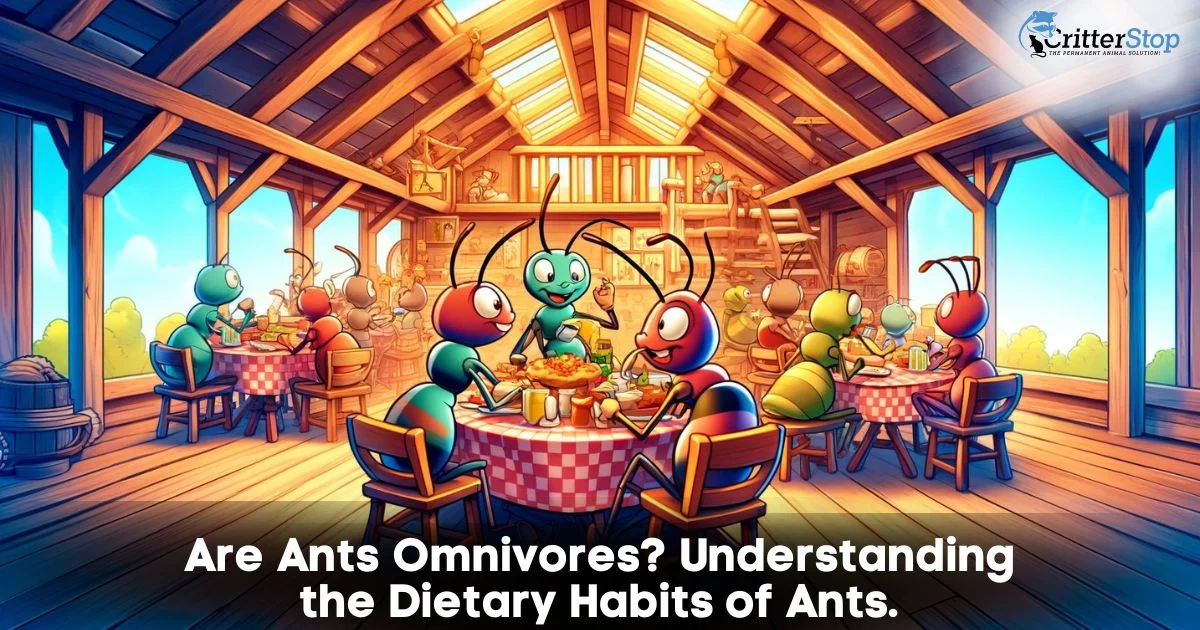
Ants are among the most fascinating and diverse creatures on Earth, with over 12,000 species identified. These tiny insects have colonized almost every landmass and exhibit a wide range of behaviors and dietary preferences. In this article, we delve deep into the dietary habits of ants, answering the questions: Are ants omnivores? Are ants herbivores? Is an ant a herbivore? We also explore the intriguing behavior of carpenter ants and whether they actually eat wood.
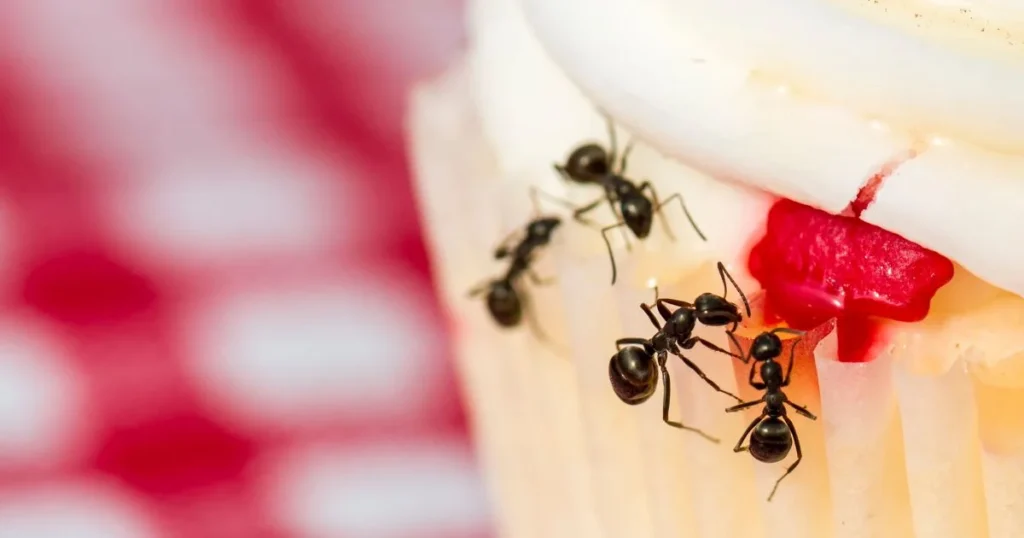
Most ant species are omnivores, which means they consume both plant and animal matter. This dietary flexibility is key to their survival and success in various environments. Ants are opportunistic feeders and will adjust their diet based on availability and nutritional needs. They commonly feed on:
Insects and Small Invertebrates: Ants prey on or scavenge dead insects, which provide a rich source of protein. This includes caterpillars, flies, and even other ants.
Plant Materials: Many ants consume parts of plants, such as leaves, seeds, and nectar. Some species are attracted to the sweet secretions of aphids, known as honeydew.
Fungi: Certain ant species cultivate and eat fungi in specialized structures called fungal gardens.
Human Food: Ants are notorious for invading homes and picnics, attracted by sweets, meats, fats, and almost any edible human food.
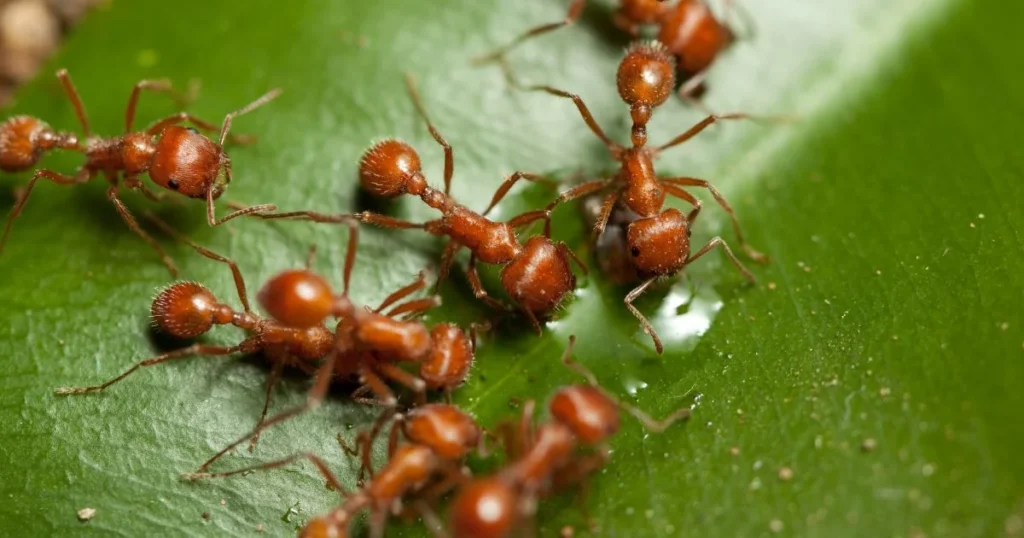
While the majority of ants are omnivores, some species lean heavily towards herbivory. These ants primarily consume plant-based materials, making them more herbivore-like in their dietary habits. For instance:
Leaf-cutter Ants: These ants are well-known for their ability to cut and transport leaves back to their nests. Contrary to common belief, they do not eat the leaves directly but use them to cultivate fungus, which they then consume.
Harvester Ants: These ants gather seeds as their primary food source. They play a significant role in seed dispersal and ecosystem balance.
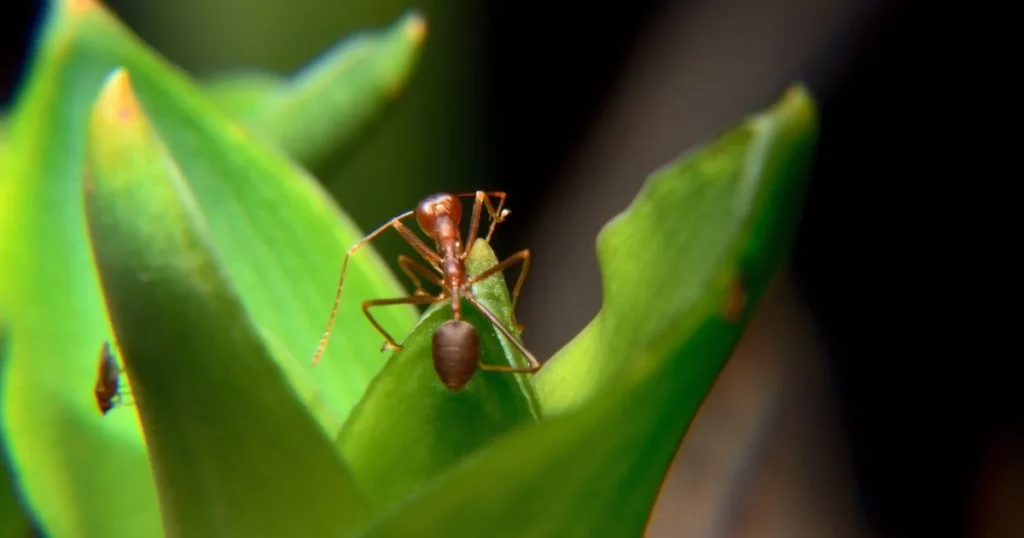
Given the diverse nature of ants, it's inaccurate to categorize all ants as herbivores. Only a few species exhibit strict herbivorous behavior. Most ants display omnivorous tendencies, adapting their diet to the available resources.
Carpenter ants are a subject of much curiosity due to their wood-boring habits. Unlike termites, carpenter ants do not eat wood. They excavate wood to create nests, which can lead to significant structural damage if left unchecked. Carpenter ants prefer to feed on:
Proteins and Sugars: They are particularly fond of meat, pet food, honey, syrup, and other sweet substances.
Insects: Carpenter ants will prey on living or dead insects for protein.
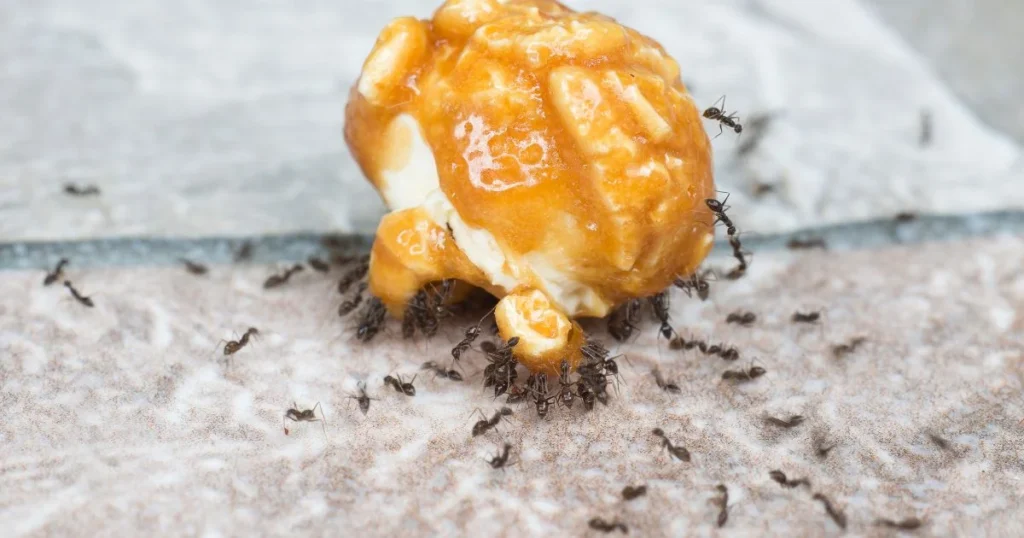
To manage carpenter ant infestations effectively:
Eliminate Moisture: Carpenter ants are attracted to damp wood. Repair leaks and ensure proper ventilation to reduce moisture.
Remove Food Sources: Keep your kitchen clean and store food in sealed containers to avoid attracting ants.
Seal Entry Points: Caulk and seal cracks and crevices to prevent ants from entering your home.
Professional Pest Control: For persistent infestations, seek the help of professional pest control services.
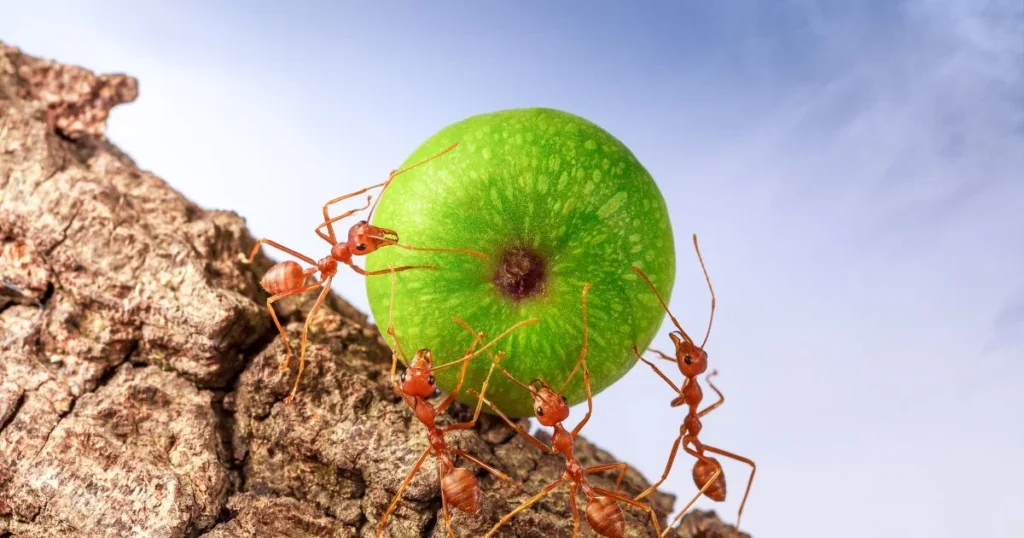
Ants are often misunderstood creatures, and several myths surround their eating habits and ecological roles. By addressing these myths, we can better appreciate the complexity and adaptability of these insects.
While ants can be a nuisance in homes and gardens, they play essential roles in ecosystems:
Soil Aeration: By digging tunnels, ants aerate the soil, improving water infiltration and root growth for plants.
Decomposition: Ants contribute to the breakdown of organic material, speeding up the nutrient cycle.
Predation: Many ants are natural predators of pests, helping to control insect populations.
Although ants have a diverse diet, not all species are equipped to eat every type of food. Specific ant species have adapted to consume particular foods, and some may be very selective in their dietary choices.
The behavior of ants varies widely among species. While some, like fire ants, are known for their aggressive defense mechanisms, many ants are relatively harmless and avoid human interaction.
To support healthy ant populations and the benefits they provide, consider the following actions:
Plant Native Vegetation: Native plants attract native ants, supporting local biodiversity.
Avoid Broad-Spectrum Pesticides: These can harm beneficial ants along with the target pests.
Create Habitats: Leaving some natural areas in your garden can provide shelter and food for ants and other wildlife.
Understanding the behavior and dietary preferences of ants encourages a more nuanced view of these insects. By exploring their world, we can foster a greater appreciation for their role in our ecosystems and the delicate balances within them.
In summary, ants are far more than the sum of their dietary habits. They are complex, diverse, and integral to many ecosystems. From omnivorous species to specialized herbivores, and from misunderstood carpenter ants to the critical roles they play in environmental health, ants are truly fascinating creatures. By learning about and respecting these tiny but mighty insects, we can enhance our environments and ensure that ants continue to thrive and contribute to our world.
Are ants taking over your property? Don't let these tiny invaders disrupt your home or garden. Contact Critter Stop today, and our expert team will provide fast, effective solutions to manage and eliminate ant infestations. Trust us to restore peace and order to your space with our safe, eco-friendly methods. Call us at (214) 234-2616 now and reclaim your property from unwelcome ants!
Visit our Critter Library and learn more about our furry friends